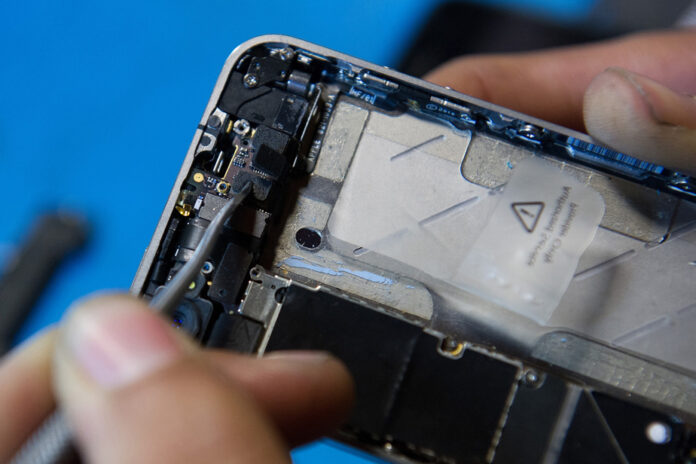(Montreal) The Coalition of Consumer Associations of Quebec (CACQ), which brings together some twenty organizations, is organizing “an action to send mass emails to the Government of Quebec” so that it initiates the procedures for public debate around a bill that would protect citizens against planned obsolescence.
Last February, the official opposition spokesperson for consumer protection, Marwah Rizqy, presented a bill to the National Assembly aimed at combating planned obsolescence and asserting the right to repair goods.
Such a law would aim to put an end to the practices of certain manufacturers who voluntarily reduce the useful life of their products in order to increase the frequency of purchases by consumers.
“We’ve been waiting for a law like this for a long time,” says CACQ director general Laurence Marget, noting that a similar bill was tabled in 2019 before dying on the order paper.
“The government does not seem to want to follow up” on Bill 195 tabled by the Liberals, according to Laurence Marget, who “asks citizens to send letters to the Minister of Justice”, Simon Jolin-Barrette, because “it is he who can push this project.
The executive director of the CACQ admits that it is difficult to prove that a manufacturer deliberately reduces the life of a product, but Bill 195 also includes “a part on the right to the repairability of goods, and that’s super important,” she said.
Bill 195 would amend the Consumer Protection Act “to ensure that spare parts, tools and services for the repair of property are made available at a reasonable price.”
In an interview with La Presse Canadienne, the director of the Coalition of Quebec Consumer Associations points out that planned obsolescence is very expensive for households, especially in a context of inflation.
She refers in particular to toasters that end up in landfills because they have a very short lifespan, or to cell phone manufacturers who ask their customers to download updates that end up slowing down the operation of the devices.
“The consumer is no longer able to use it or the phone becomes very slow, so people will buy a cell phone. It’s the same for the cables to recharge them, often they have a very short lifespan, ”underlines Laurence Marget.
In 2021, the Quebec Court of Appeal authorized a class action against Apple after the American giant admitted to having slowed the performance of certain iPhones. The company had also admitted limits on the lifespan of the batteries of the devices.
In the 2023 budget presented by the federal government last March, the government promised to introduce, over the next year, a “targeted framework” outlining the right of Canadians to repair their appliances and electronics that are defective, at the instead of always having to replace them.
“We find it important that the Government of Quebec also adopts its own legislative framework to respond to the specificity of Quebec” and “we believe that the right to repairability of goods will have a stronger impact if it is also in the Law of consumer protection,” says Laurence Marget.
The CACQ also points out that planned obsolescence feeds overconsumption and causes an intensification of the exploitation of primary resources, to the detriment of the environment.
In 2020, a United Nations report revealed that the electronic waste produced on Earth had exceeded 50 million tonnes in 2019, and that this abundance of waste constitutes a danger to health and the environment. The UN report pointed out that planned obsolescence aggravated this situation.















